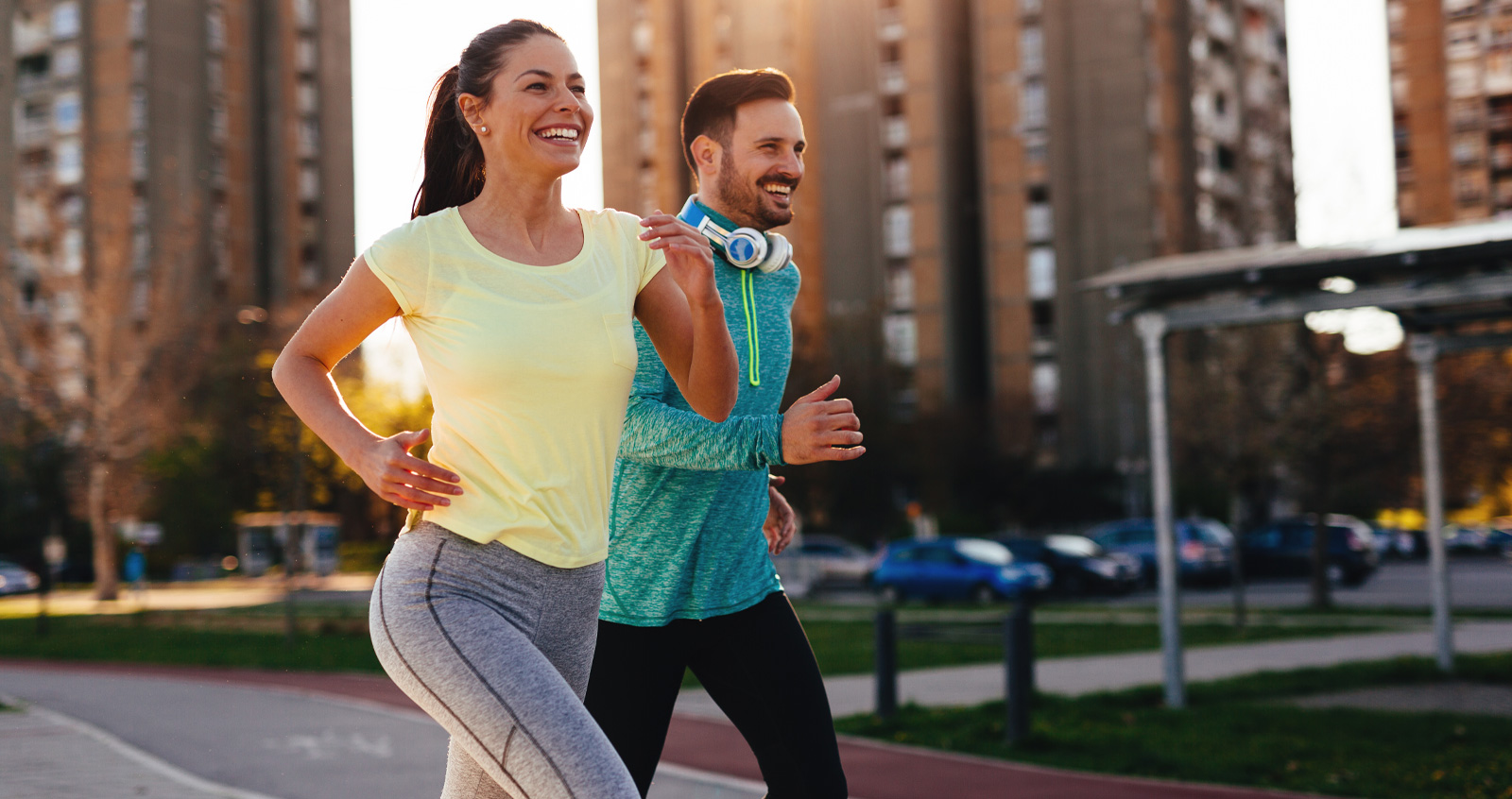By Frank J. Scerbo PT, DPT, MS, CSCS
How to protect yourself during the Heatwave
All over the Country we are experiencing a major heat wave this week, with temperatures expected to reach over the 100 degrees in some areas of Bergen County like Hoboken, Weehawken, Edgewater, Cliffside Park, West New York, Fort Lee, and Englewood Cliffs. If you live in any of these areas that are experiencing these extreme temperatures, it’s important to know how to keep yourself cool and healthy.
Athletes are especially prone to heat exhaustion and other heat illness, such as heat stroke, heat cramps, and dehydration, when exercising in hot and humid conditions. Taking precautions and recognizing the symptoms or early warning signs of heat exhaustion is essential if you exercise in hot weather.
Here are a few important tips that you should know to avoid any health issues during a heat wave, according to Frank J. Scerbo, PT, DPT, MS, CSCS physical therapist at Scerbo Physical Therapy & Sport Rehabilitation.
Prevention
Scerbo recommends limiting strenuous outdoor activities and taking frequent breaks if it can’t be avoided, staying indoors or in a cool area, drinking plenty of water and refraining from leaving children and pets in hot cars, even for a short time.
“It’s important that people drink plenty of fluids regularly — not only when thirsty but most important during the hot summer days—if they are in extreme heat,” Scerbo says. Fluid requirements vary from person to person, but he says two glasses of water per hour is a good rule of thumb if you’re out in high temperatures.
Warning Signs and Symptoms
Heat stroke and heat exhaustion are two of the most common heat-related illnesses. Both come with non-specific symptoms including nausea, weakness, heavy sweating and headache. But more severe heat stroke, which occurs when body temperatures rise above 104 degrees and can be fatal or result in permanent organ damage, comes with a distinct hallmark. “Any kind of neurologic symptoms such as confusion or trouble speaking and thinking clearly are really the defining sign of heat stroke,” Dr. Scerbo says. When you are outside in the heat and start to notice that your skin suddenly feels cold and clammy, you feel faint, you’re sweating excessively, or you have a headache or feel nauseous, you might be experiencing heat exhaustion.
If you ignore your symptoms and continue activity, heat exhaustion can progress to a potentially deadly condition called heat stroke, which is a condition marked by fever and often by unconsciousness, caused by failure of the body’s temperature-regulating mechanism when exposed to excessively high temperatures. Untreated, this condition can have serious health consequences.
Since someone suffering these symptoms may not notice them independently, Scerbo says it’s important to keep a close eye on others if you’re outside during a heat wave, and to bring them to a medical professional if they start to show signs of confusion or neurological distress. Even if the issue hasn’t reached that point, “if you’re starting to feel unwell while in the heat, you should stay hydrated and get into a cooler space,” Scerbo says. “If the symptoms persist or get more severe, that would be an indication to seek medical attention.”
Risks
Everyone should be cautious in extreme heat, but Scerbo says certain populations are particularly susceptible to heat-related illness. These groups include the elderly, who may have more health issues to begin with, as well as decreased thirst mechanisms, mobility and cognitive function; young children, who don’t sweat as much as adults, have higher metabolic rates and may not be able to control their environment; pregnant women, who need more fluids to stay hydrated; and anyone with a preexisting health condition.
“During times of heat waves, and it’s not just for things like heat stroke,” Scerbo cautions. “Other medical conditions can be exacerbated as well. It’s important that people who have baseline vulnerabilities have others around them to help them in times of extreme heat.”
Remember that with the proper prevention plan you can ensure that your outdoor activities are safe this summer season.
For useful tips on how to prevent heat exhaustion and heat stroke check our Tip of the month here.
We are always available if you have any questions or need assistance. Call us at 201-941-2240. You can also follow us on Facebook and Twitter.


